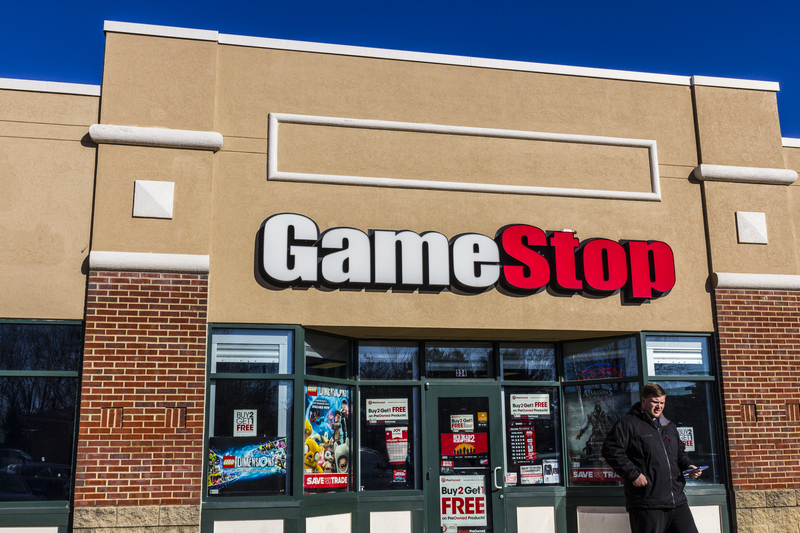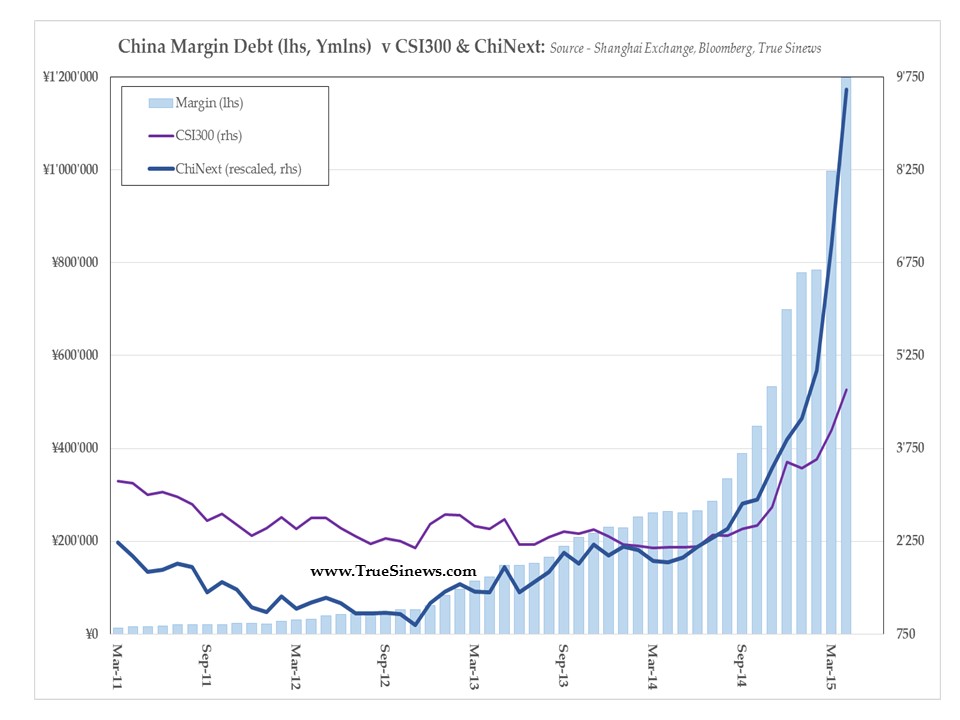
By Weimin Chen
This January has carried on the torch of 2020’s drama. In its final week, a down-and-out video game retail chain, members of an online forum, Wall Street hedge funds, online trading brokerages, and lawmakers in Washington found themselves knee-deep in a bizarre stock market movement that may have important consequences for the future of trading and investing.
What happened is an example of a short squeeze, a kind of snowball effect in stock market action where the share price of a given stock experiences a sudden rise, triggering buying from short sellers to cover their positions which leads to higher prices and a continued scramble to buy as potential losses mount for short sellers and gains continue to rise for shareholders. Short selling has always been a risky financial practice because it requires the correct prediction of a given stock’s share price falling and also selling a stock that one does not own. These details and underlying conditions for the struggling video game retailer Gamestop are what members of the Reddit group r/wallstreetbets pounced on, setting in motion the ensuing turmoil.
With the decline of retail stores and shopping malls already underway in the U.S. in the age of online shopping, the COVID-19 pandemic put further pressure on companies like Gamestop and cinema chain AMC as they rely on their in-person customer base. Shares of the companies fell dramatically in the beginning of the crisis and did not recover throughout 2020. At the end of January 2021, individual members of r/wallstreetbets piled into Gamestop stock and produced a sharp short squeeze on the many short sellers of the stock who were confident that the company would not recover in any meaningful way in the foreseeable future and placed bets against it accordingly.
Starting as a kind of grassroots wave of popular sentiment among the r/wallstreetbets crowd, the motley crew of retail investors, molded by the emergence of popular brokerage apps like Robinhood, the extreme economic conditions since COVID-19, a contentious presidential election cycle, and armed with saved government stimulus checks, sent shockwaves through the stock market by investing en masse in Gamestop, AMC, and other highly shorted securities. Gamestop’s stock rose to a high of $483, up 1,625% on the year already. The r/wallstreetbets crowd has seen gains hand over fist with some becoming overnight millionaires after putting their money down on the meme investing advice. The short sellers on the other hand, including major Wall Street hedge funds including Melvin Capital and Citron Research lost big on covering their positions.
This has triggered interesting reactions across the board. Brokerage apps and sites including Robinhood and TD Ameritrade halted trading and then implemented strict limitations on the purchase of a number of stocks targeted by r/wallstreetbets. In response to the backstopping in favor of the hedge funds, the likes of Alexandria Ocasio-Cortez and Ted Cruz of the progressive left and populist right pointed out the hypocrisy of blocking runaway gains for the ordinary investor. A general sentiment of a ‘David versus Goliath’ victory for the little guy against the big insider firms has some calling this the start of a new ‘Occupy Wall Street.’ For now, it certainly appears to be a successful ‘re-distribution of wealth’ spurred in a spontaneous fashion by amateur internet investors, though all parties might benefit to practice caution moving forward.
This incident has sparked discussions on increased government regulation and oversight of ‘market manipulation’ on the part of individual investors as well as the brokerage apps and platforms. It raises important questions surrounding access and choices in investing. Why do lawmakers want to intervene when the novice investors suddenly make big gains at the expense of the establishment insiders? Why is this considered market manipulation compared to the financial practices of the Wall Street speculators? Isn’t it all a big forum of speculation? Why has it become so important to pay so much attention to the speculation? Why have so many people thrown the little savings that they have into the Wall Street casino?
Indeed, the line of questioning then leads to the root of the problem. It’s likely no coincidence that fiscal and monetary policies of the past decades have resulted in the current economic roller coaster. Based on fundamentals, few would suggest that Gamestop’s declining retail storefronts in dying shopping malls and shopping centers would warrant the current stock value. The Austrian assessment has long suggested that artificially low interest rates incentivize wild speculation rather than productive investment.
This point strikes directly at the heart of the matter and should be the big picture takeaway: that the U.S. Federal Reserve’s real market manipulation of money has so utterly distorted the market and incentives that the whole of society is driven to gamble at the Wall Street casino in hopes of saving their wealth. Throw in the previous year’s big fiscal stimulus, widespread destruction of jobs, record profits for big corporations, and a bungled government response to the pandemic, and the situation looks ripe for a bang. The economy has been suffering from a long sickness and this market mayhem is the latest symptom.
There will likely be future limitations placed by brokerage platforms, greater calls for government regulation of the markets, more instances of hysteric market actions, and a general scramble for the next Gamestop style speculation. Federal Reserve Chairman Jerome Powell was quick to deflect blame for this week’s market volatility, but this could be just the beginning of more upcoming economic turbulence.
Weimin Chen is a research assistant at the Austrian Economics Center and is a manager and project/events coordinator at the International Student Center’s Arts for Peace Initiative in New York City.
Source: https://www.austriancenter.com/gamestop/

